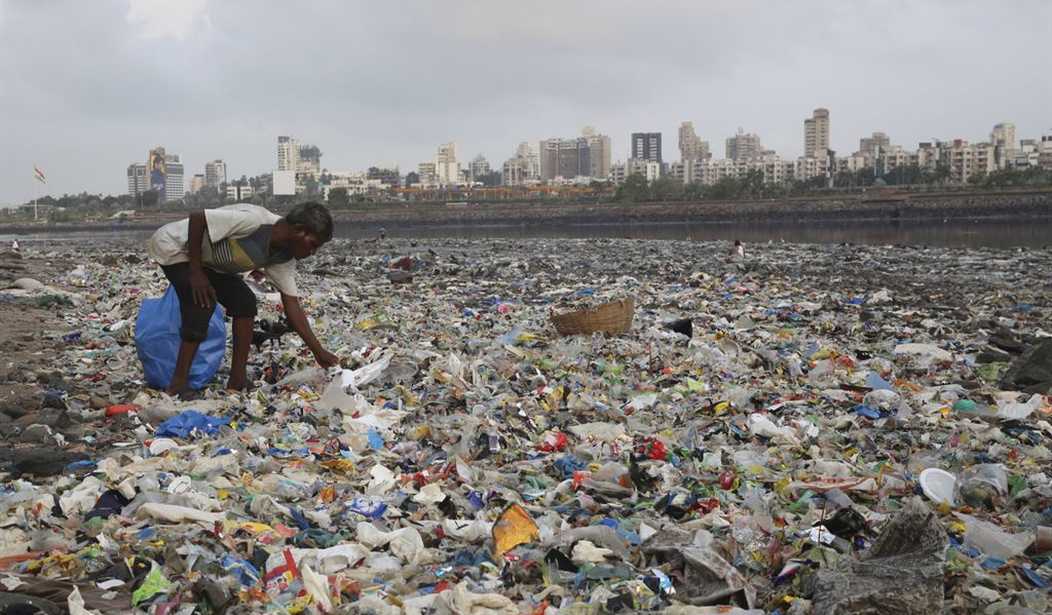There’s no doubt that plastic pollution is an environmental problem. Every year, about 8 million tons of plastic waste escapes into the oceans from coastal nations. “That’s the equivalent of setting five garbage bags full of trash on every foot of coastline around the world,” according to National Geographic Magazine.
Plastic trash in our oceans is most visible in third-world countries or nations with poor to non-existent waste disposal. And there’s no doubt that a great deal of that plastic waste is from “single-use” plastic products — wrappers, bags, plates, and cutlery. Environmentalists estimate about 40% of plastic waste is from single-use plastics.
But plastic has also transformed our planet, making it safer and more convenient. It has revolutionized medicine, lightened cars and jets (which saves fuel), and saved lives with helmets, incubators, and equipment for clean drinking water.
The conservative British government is proposing that single-use plates and cutlery be banned in an effort to address the problem. The UK has already banned plastic straws and stirrers, and now plastic cutlery is on the forbidden list.
“A plastic fork can take 200 years to decompose—that is two centuries in landfill or polluting our oceans,” said United Kingdom Environment Secretary Thérèse Coffey.
That may be true. But with the vast majority of plastic pollution coming from third-world countries with miserable waste disposal systems, banning plastic cutlery won’t even make a dent in addressing the problem.
The vast majority of plastic that ends up in waterways and oceans is sourced from East Asian, African, and South American countries with poor waste management systems. Rich countries produce a lot more plastic waste, in aggregate and per capita, but almost all of it ends up in landfills, recycling plants, or incinerators.
Our World in Data notes that the U.K. produces twice as much plastic waste as the Philippines but that the average Filipino produces 100 times the mismanaged plastic as the average Briton. Overall, the U.K. is estimated to be responsible for about 0.05 percent of global marine plastic waste—not counting “recycled” plastic that is exported to other countries where waste mismanagement rates are high.
That’s not nothing. But even if the British contribution to marine plastic waste were completely eliminated, the general problem of plastic pollution would not be affected.
Greens who harp on the U.S. to cut its carbon emissions always fail to mention that for every molecule of carbon we cut, China and India add two more. As U.S. fossil fuel burning becomes more efficient and cleaner, China continues to build coal-fired power plants that pollute so much, people choke to death in the cities.
Related: Plastics-and-Such: The Labor of the Virtuous
Cutting carbon emissions or reducing plastic waste in the developed world only treats the problem at the margins. Calling out third-world countries in Asia for their lack of waste management that’s killing our oceans is a far more productive use of time and dollars than carping on the UK for not going far enough in banning plastic forks.










Join the conversation as a VIP Member